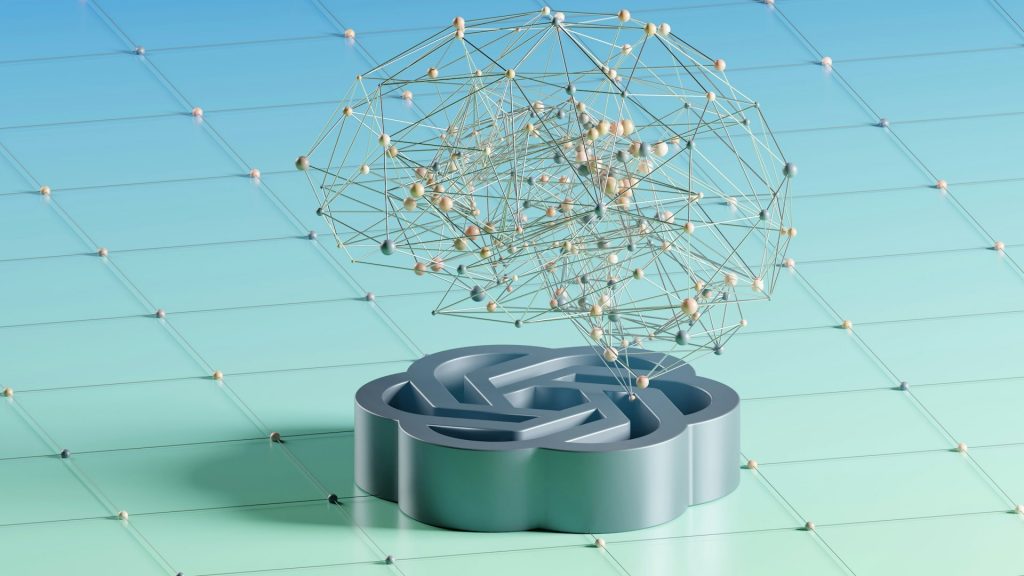ashish Sidhu
I write about the tips and tricks about graphic designing and web development.
The artificial intelligence (AI) industry is growing quicker than people usually realize. In 2024, it reached a value of $184 billion, an...

Image Credits: unsplash
The artificial intelligence (AI) industry is growing quicker than people usually realize. In 2024, it reached a value of $184 billion, an increase of $50 billion from 2023. Not even millions, billions, and multiples of them.
No person or industry can escape AI, and we don’t necessarily think it’s a bad thing. If you remove deepfakes and the small group of negatives of AI, it’s a remarkable concept.
The gaming industry is benefiting from AI massively. Below, we’ll look at how AI is helping accelerate game design and production.
AI’s major contribution to game design is enabling content creation to be done faster so that developers can concentrate on the things AI can’t do as well as humans, like embedded systems development for consoles, creative design, etc.
For example, AI-based algorithms enable procedural content generation, which can create massive worlds with realistic landscapes and complex quests that live as they are played. By using AI for game development, developers can create extensive terrains without involving developers at every step of building it, saving countless hours. It also generates missions that adapt to players’ actions, ensuring unique and engaging gameplay experiences that increase replayability.
AI provides detailed 3D models for characters and objects when generating photorealistic environments. It automates character animations, eliminating many manual fine-tuning requirements, and speeding up the entire production process.
AI takes this further by dynamically composing game soundtracks that change with the events in the game. It can do a lot to streamline the entire creative process.
Game testing is an important but notoriously time-consuming exercise. This phase is being transformed by AI through automation of some tasks and early detection of errors.
Tools powered by AI study code and gameplay to recognize bugs, classify them according to their gravity, and propose corrective actions. This approach prevents unnecessary delays in debugging a program and promotes a smooth development process.
Artificial intelligence can simulate thousands of gameplays with bots emulating different player types. Developers get information on:
This enables smooth-running games across different platforms through the identification of performance bottlenecks from the analysis of gameplay data.
The boundaries of storytelling in video games are expanding thanks to AI, which has made narratives more dynamic and individualised.
Realistic dialogues can be created through AI tools, alongside the development of unique character personality traits. For example:
Using AI, games can have non-linear storylines that change depending on the choices that a player makes. This personalizes the experience and increases player engagement and immersion.
Though it cannot substitute for human creativity, AI improves the development process massively. And we can argue it’s still only the beginning of the technology. The gaming future is now here—led by AI.
AI is revolutionizing game design by streamlining production and enhancing creativity. This article sheds light on how AI tools accelerate development while improving gameplay experiences. A fascinating read for tech and gaming enthusiasts!